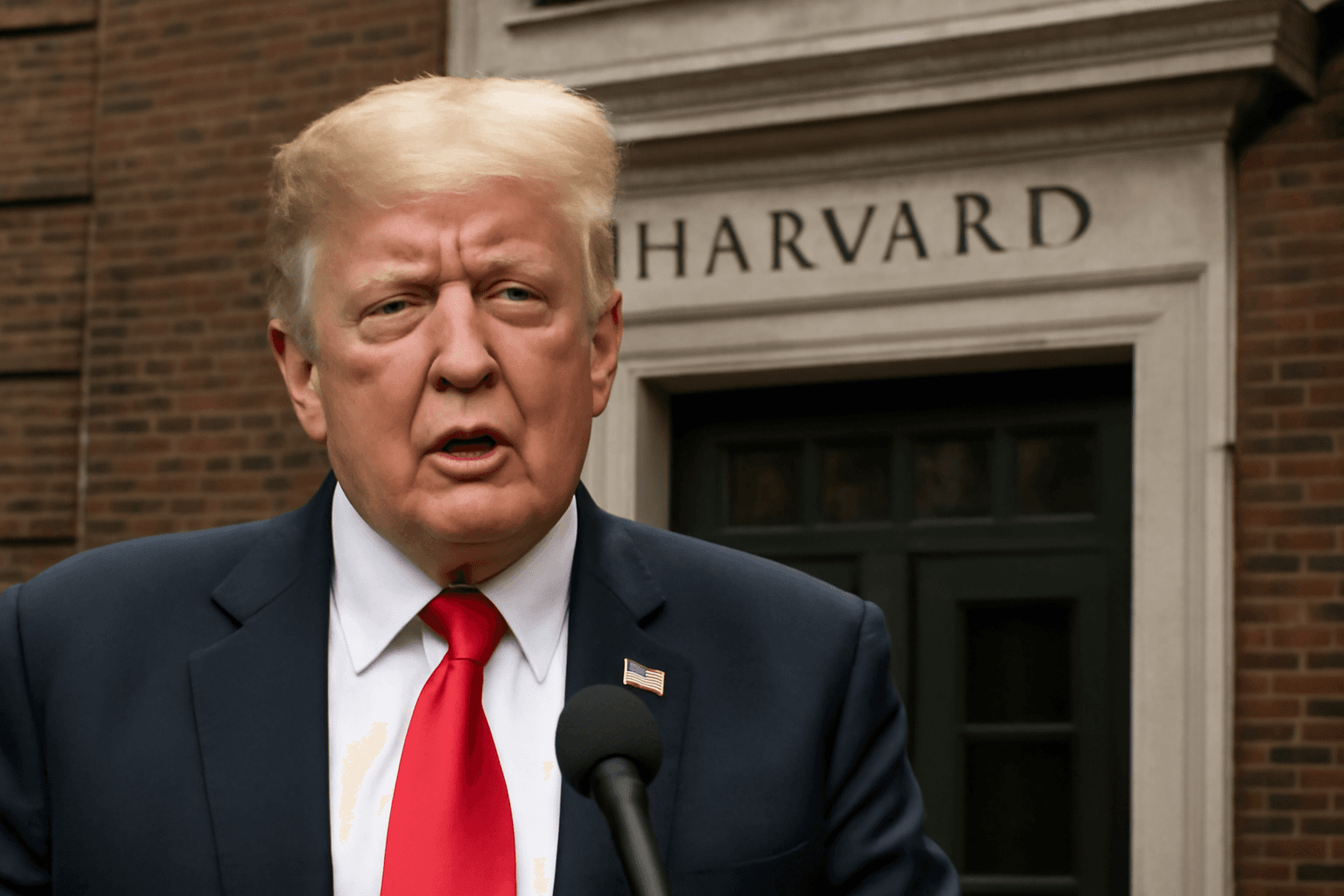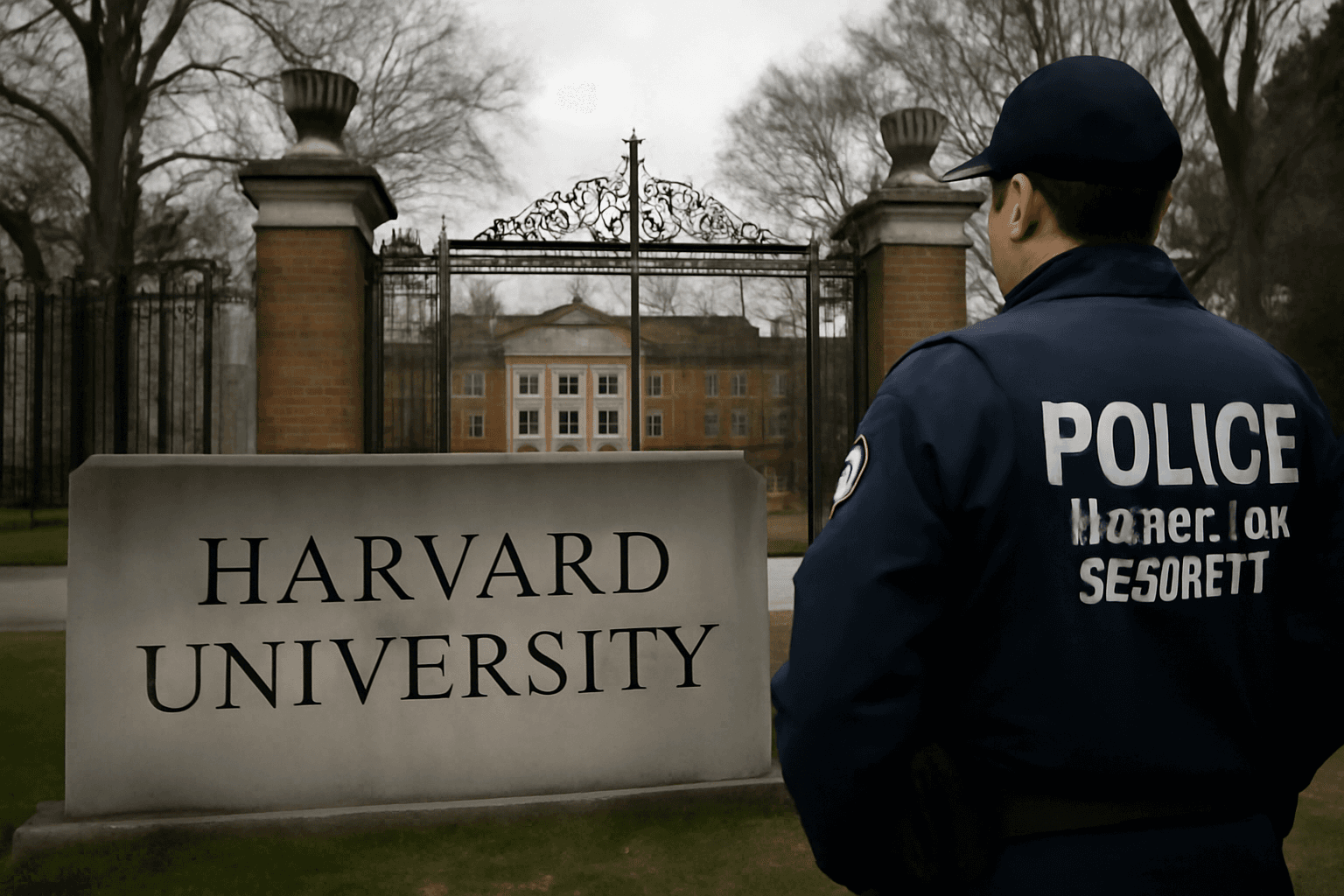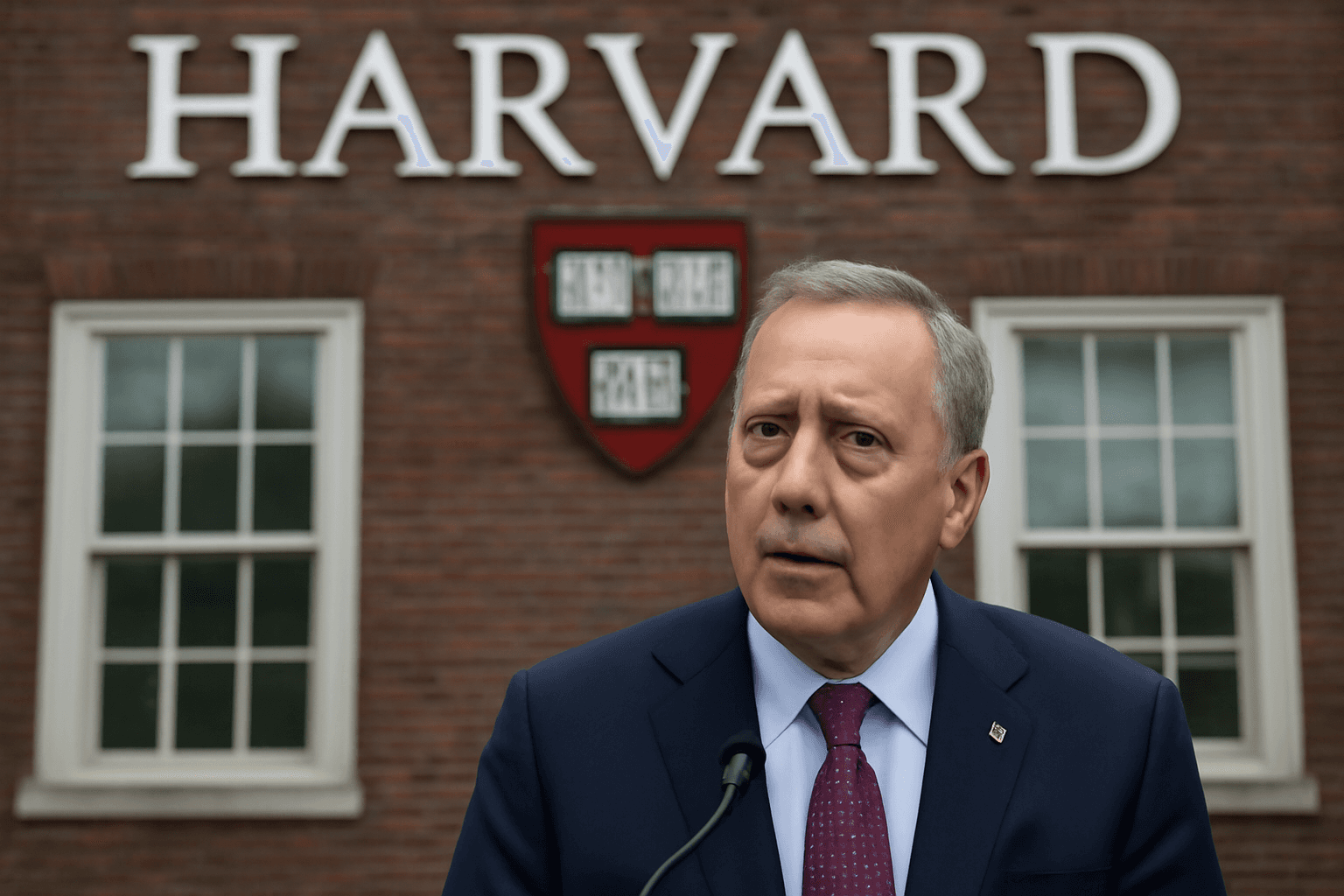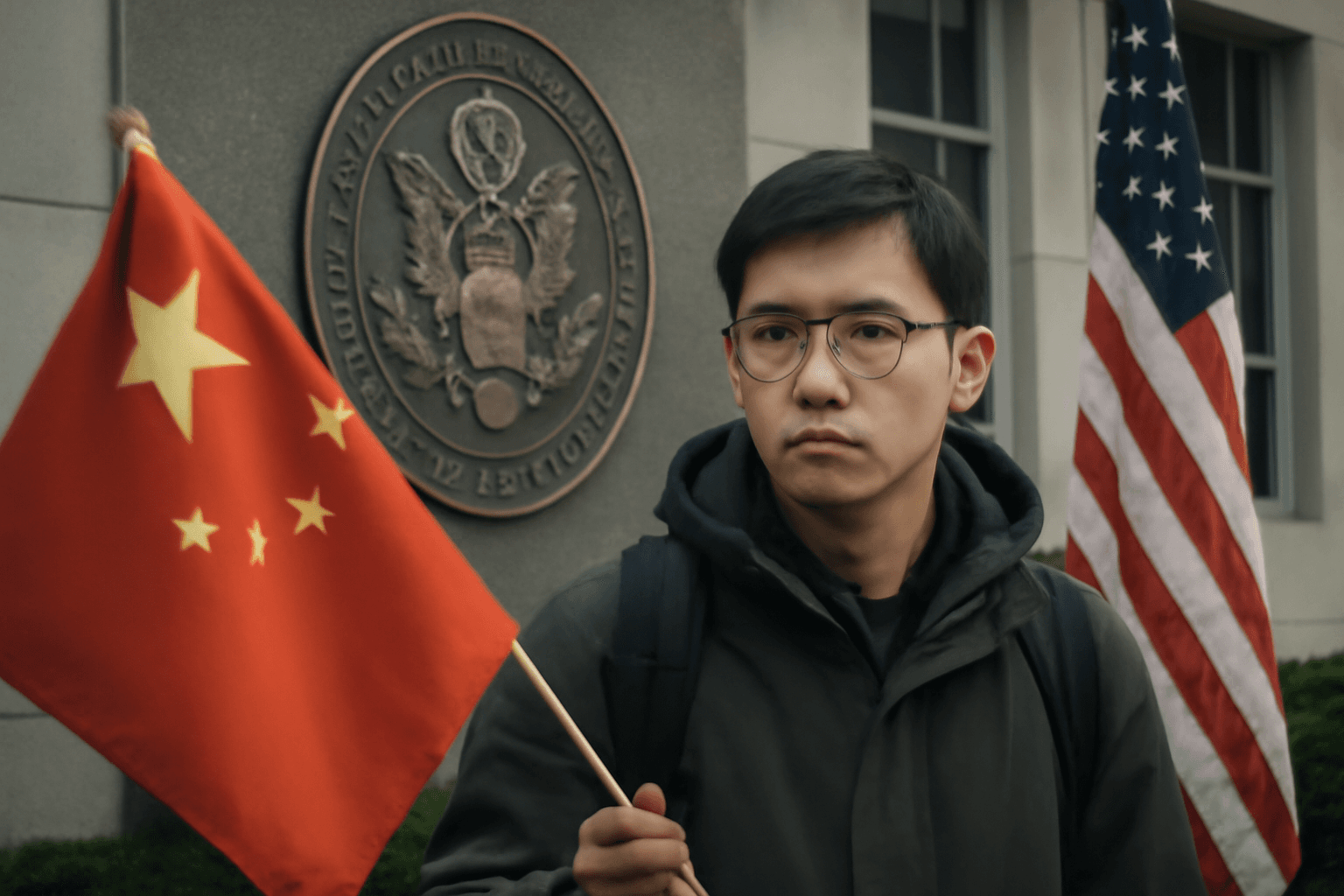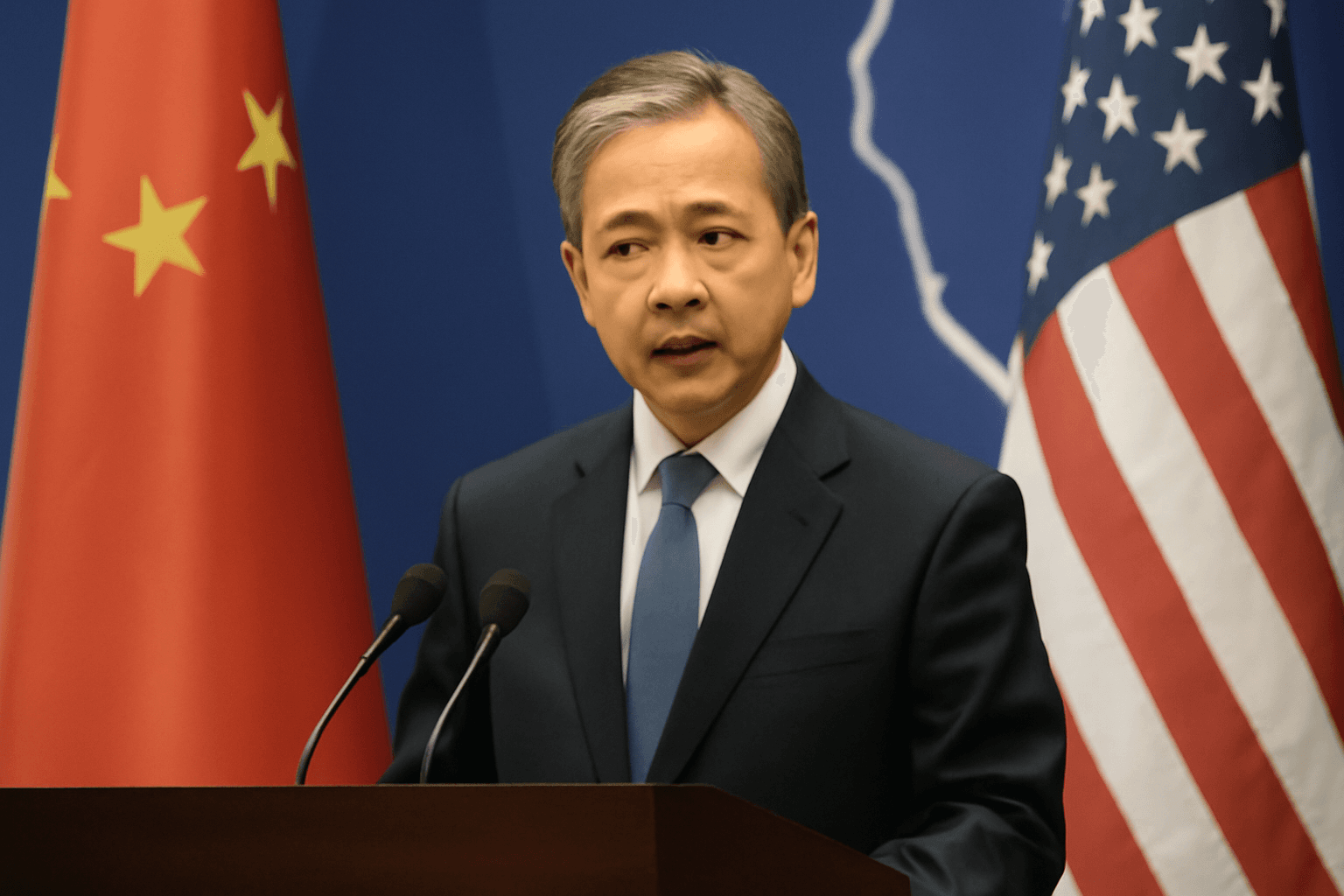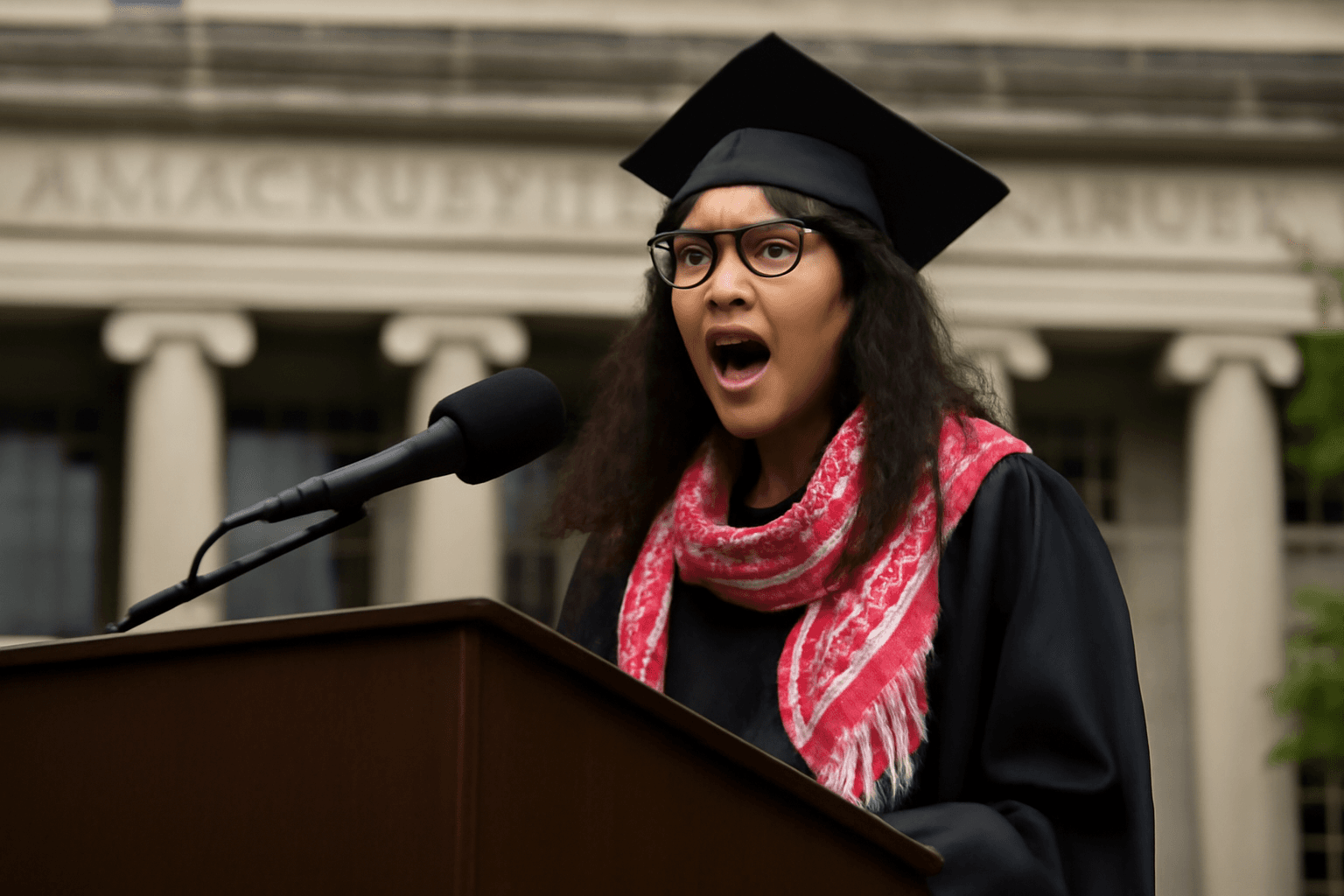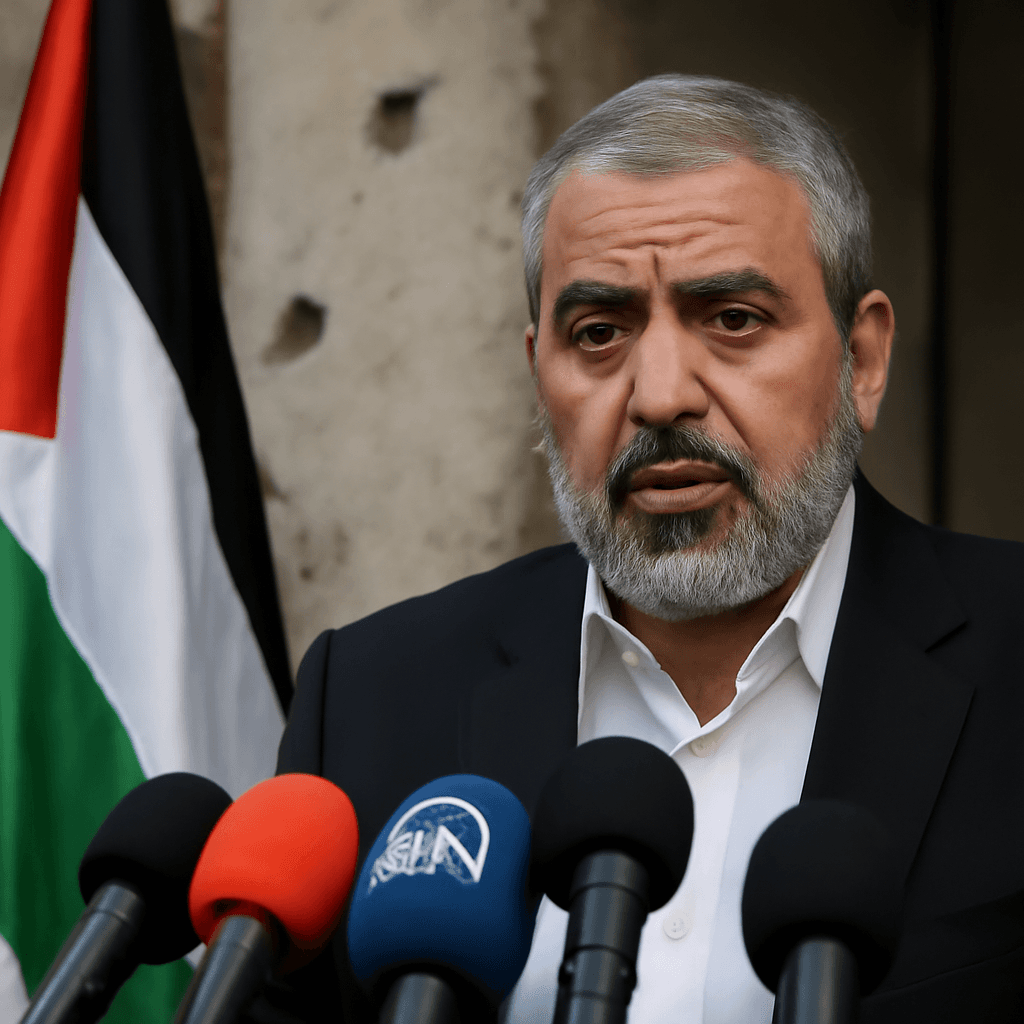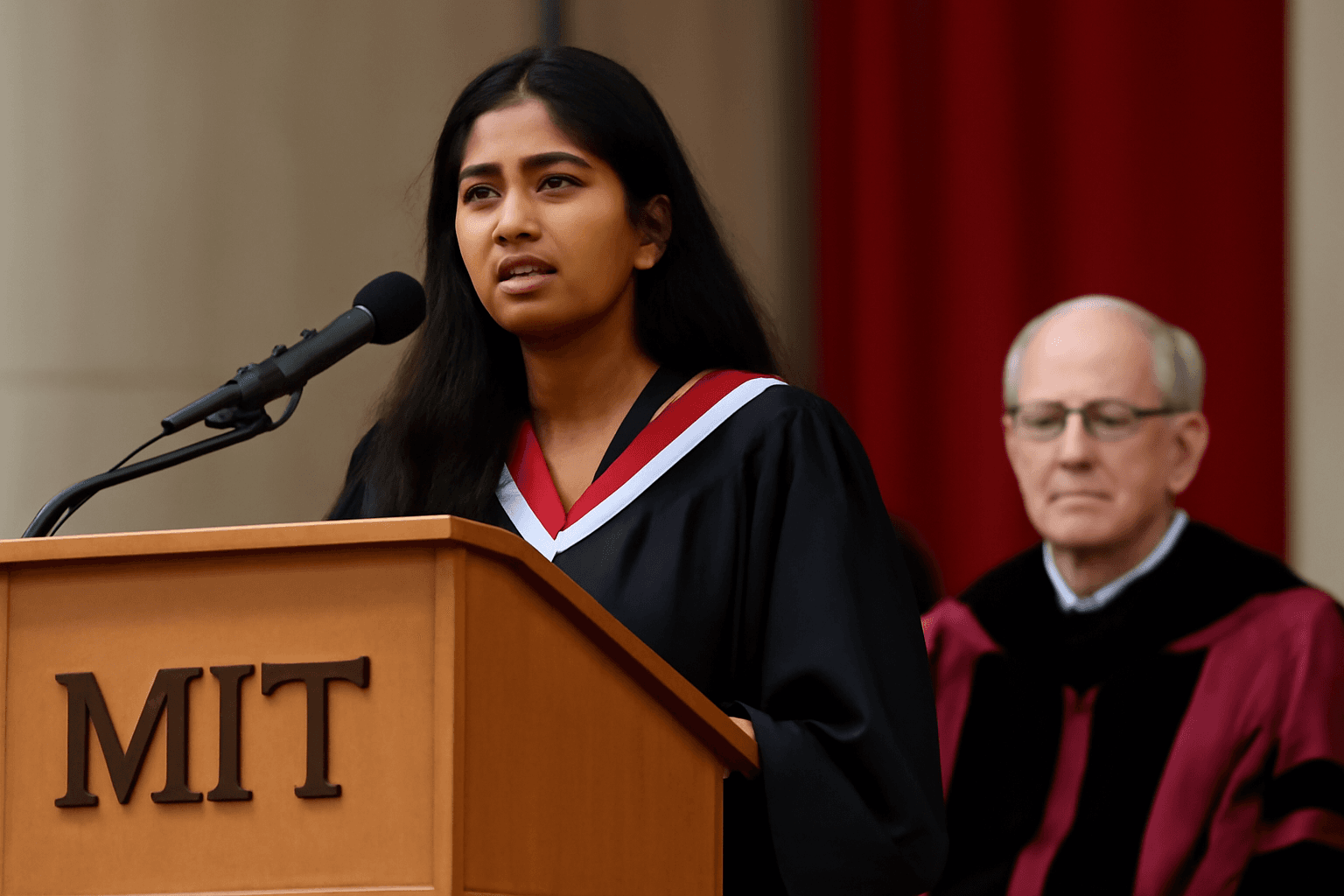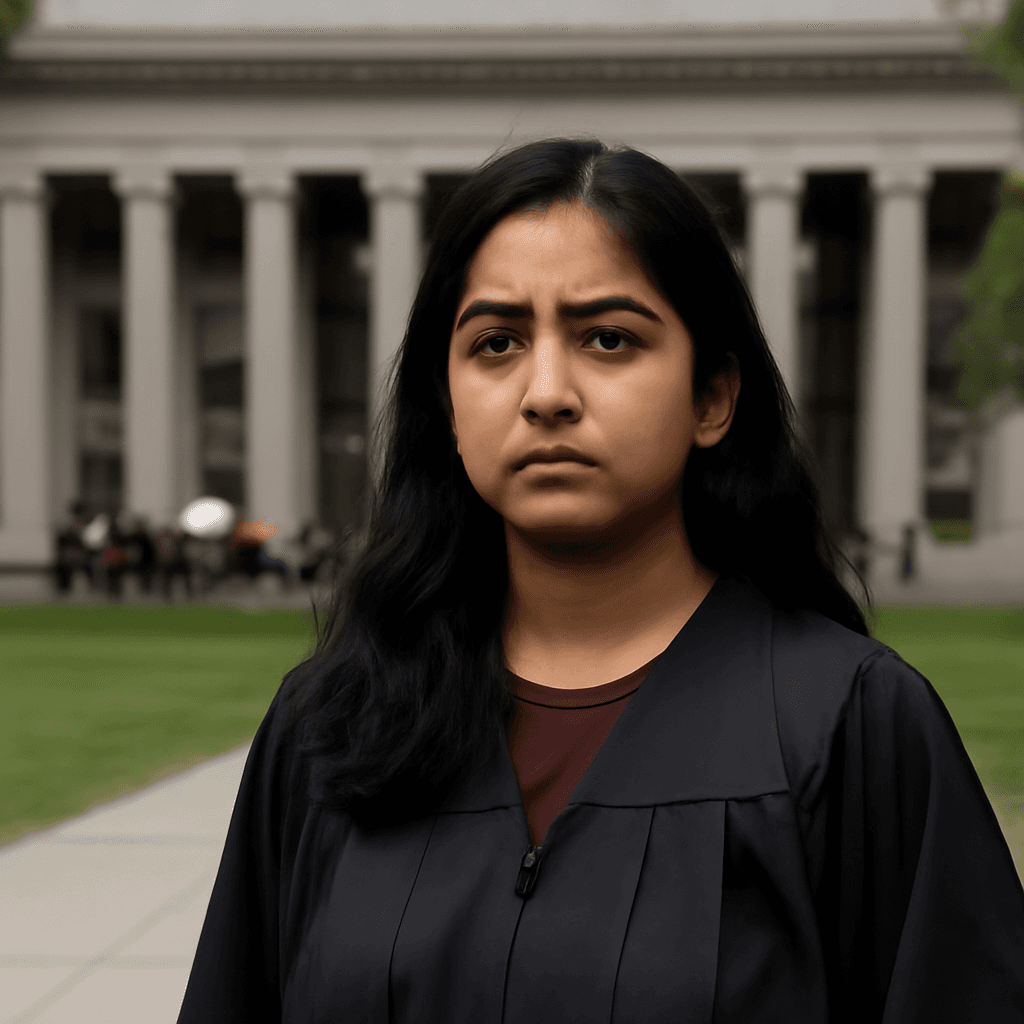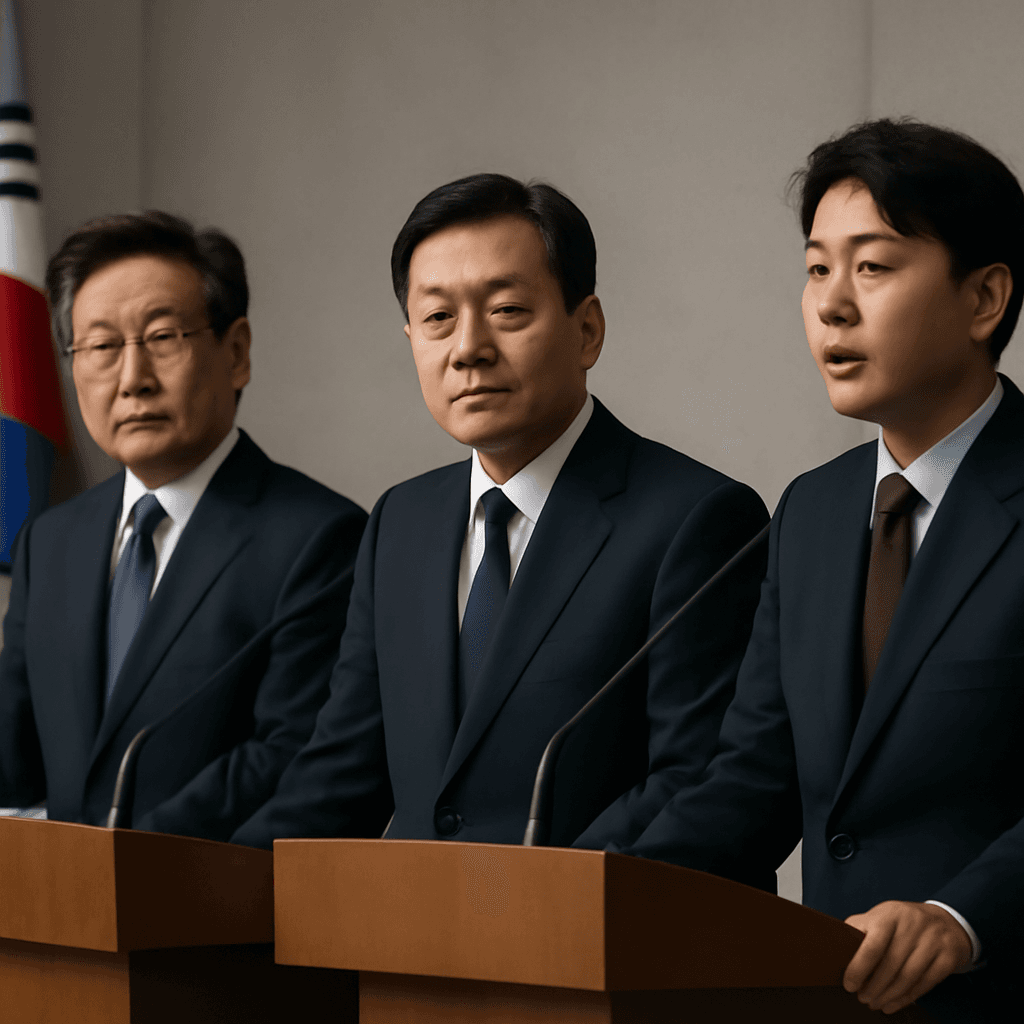MIT Bars Indian-Origin Student from Graduation Ceremony Over Protest Speech
The Massachusetts Institute of Technology (MIT) has prohibited its 2025 class president, Megha Vemuri, from participating in the upcoming undergraduate commencement ceremony following her unapproved pro-Palestinian speech at a university event.
Controversial Speech Raises Concerns Over University's Ties
On June 1, 2025, Megha Vemuri, a double major in computation and cognition and linguistics, addressed the audience at MIT's OneMIT Commencement Ceremony in Cambridge, Massachusetts. Her four-minute speech, not sanctioned beforehand, sharply criticized MIT’s research connections with the Israeli military and accused the institution of complicity in what she described as a "genocide" against the Palestinian people.
Wearing a Keffiyeh scarf, Vemuri praised student-led protests and drew attention to the extensive devastation in Gaza. She made a compelling call for MIT to sever its ties with Israeli institutions, stating, "You showed the world that MIT wants a free Palestine."
Key Points from Vemuri’s Address
- Highlighted the destruction of universities in Gaza amid ongoing conflict.
- Urged the MIT community to reject complicity in violence against Palestinians.
- Referenced a recent student vote urging the university to cut ties with Israel.
- Encouraged graduates to invert their class rings so the university mascot faced outward as a symbol of resistance.
"Right now, while we prepare to graduate and move forward with our lives, there are no universities left in Gaza. We are watching Israel try to wipe out Palestine off the face of the earth, and it is a shame that MIT is a part of it."
University’s Reaction and Disciplinary Measures
Following the speech, MIT officials informed Vemuri that she would not be allowed to attend the main commencement ceremony the next day. However, she will still be awarded her diploma, which will be mailed to her.
MIT issued a statement emphasizing its support for free expression but justified its decision by citing Vemuri’s unauthorized speech and her leadership in a protest that disrupted the ceremony. A spokesperson noted the university's stance: "MIT supports free expression but stands by its decision, which was in response to the individual deliberately and repeatedly misleading Commencement organisers and leading a protest from the stage."
Data from the U.S. Department of Education indicates that MIT received approximately $2.8 million in grants, gifts, and contracts from Israeli entities between 2020 and 2024.
Vemuri’s Response to the Ban
Vemuri expressed no disappointment about being barred from the ceremony, stating, "I see no need for me to walk across the stage of an institution that is complicit in this genocide." She criticized the disciplinary action as a "massive overstep" and denounced the lack of due process.
University Leadership’s Stance
MIT President Sally Kornbluth, who spoke immediately after Vemuri at the event, avoided directly addressing the controversy. She affirmed the institution's commitment to freedom of expression, emphasizing, "But today is about the graduates." Some audience members responded with chants during her remarks.
Conclusion
This incident at MIT highlights the complex dynamics between student activism, freedom of speech, and institutional affiliations amidst sensitive geopolitical conflicts. It also underscores the challenges universities face in balancing campus expression with institutional relationships.


